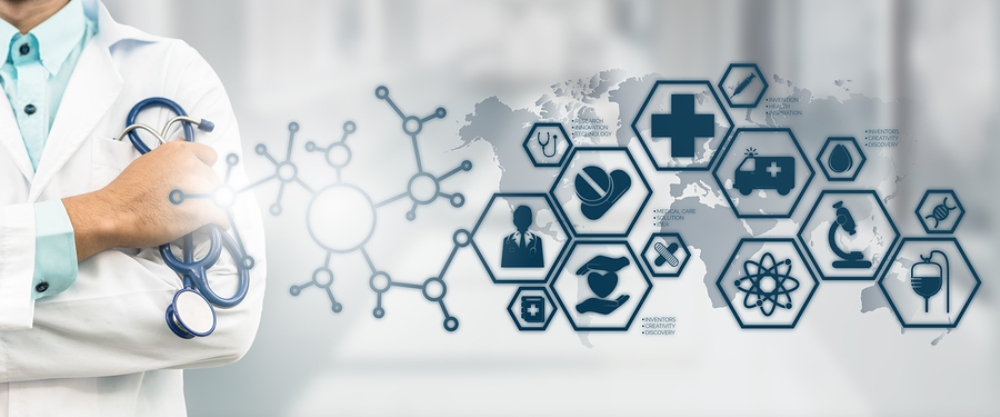
The healthcare sector deals with what is unarguably the most sensitive information on a person. Health records of patients are typically stored both offline and online and serve as the basis of attending to patients. A physician typically has to go through the history of a patient before giving proper medical care.
Proper record keeping is so peculiar to the healthcare sector that an aspect of the industry is dedicated to data management. Apart from proper data management, healthcare professionals are also tasked with ensuring proper security of health records because of the sensitive nature.
The importance of maintaining anonymity is also emphasized within the healthcare sector, as healthcare professionals are not expected, according to their professional ethics, to share information about a patient's health status with unauthorized personnel.
Healthcare professionals are generally tasked with ensuring that their patients are in optimum health condition at all times, and ensuring the security of health records is part of that multifaceted task.
In this article, we emphasize the benefits of VPN to the healthcare sector stating with the features of a VPN that makes it an indispensable tool for the healthcare sector.
Features of a VPN
A VPN is a tool that provides a pathway through which users can encrypt their online activities. Computers connect with one another on the web. As these connections are made, information can be shared between the connecting computers even without the user's consent.
With an active VPN, a person's computer can communicate with only authorized computers, and it does so securely and privately. A VPN acts as a form of a tunnel that ensures that communications and other online activities are carried out securely. For example, a file that is shared on the web without the security of the best VPN service can be intercepted by parties that may not have the best intentions.
When a computer connects with other computers on the web, it could also share information such as the bandwidth consumption with the ISP. With information on the bandwidth consumption of a user, an ISP will be empowered to throttle the user's connection if the consumption is deemed high.
With a VPN, the information which the ISP needs to control the connection is inaccessible and the user is sure of a high-speed connection. VPNs provide servers through which a user can access the Internet.
The use of a VPN can thus be likened to borrowing a server to avoid the vulnerabilities of using the Internet unprotected. This "borrowed" server protects the user's device from sharing information it typically would such as IP address and encrypts the traffic between the device and the public network with which it connects.
How the features of a VPN benefits the healthcare industry
Enhanced security
As highlighted with the features of a VPN above, healthcare organizations are sure of enhanced security when they use reliable VPN service.
This enhanced security is based on the feature of VPNs that ensures the encryption of traffic data. With an active VPN, the communications made between the devices in a healthcare organization as well as the communications with devices in other locations are encrypted, and this makes it unreadable for other parties that may be interested.
Such communications include sensitive test results of a patient sent over the web from one healthcare professional to another as well as requests for supplies from other organizations.
Improved privacy
With a VPN configured on the router of a healthcare organization, the privacy of interactions over the web is ensured. This improved privacy is a necessity to ensure that interactions stay within an established order of communication.
Improved connectivity
ISPs brood over the online activities of users to detect activity that may necessitate throttling of the user's connection. Since a VPN encrypts the user's traffic, the ISP will not be able to detect the activity on the router of the healthcare organization.
The improved connectivity is possible because the VPN masks the IP address as well as other information on the user, and the ISP will only be able to trace the activity to the VPN server.
Because a high-speed connection is a necessity for the real-time operations of the healthcare industry, daily operations will run more smoothly in an organization with a VPN configured on its server.
Better running costs
With a VPN configured on an organization's router, faster and secured communications are ensured and costs of operations such as the cost of running several servers simultaneously are avoided.
Also, in healthcare organizations with branches across several locations, with a VPN, the different branches can communicate better and issues such as technical repairs can be carried out without on-site visits.
Overall, patients will also be more confident in the services they receive from a healthcare organization if it ensures secured communications with a VPN. The peculiarity of the healthcare sector also makes a VPN a necessary tool for healthcare organizations.